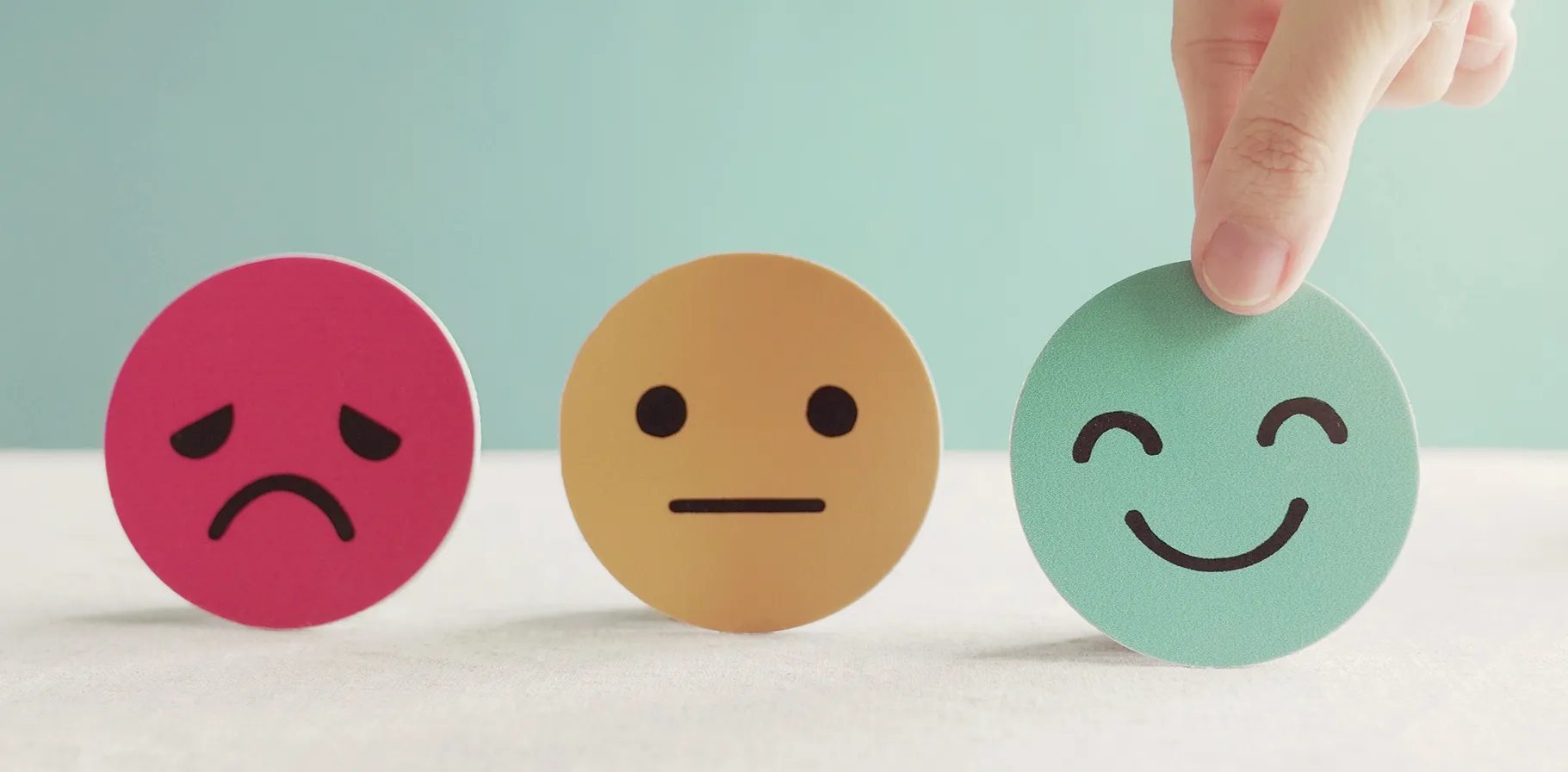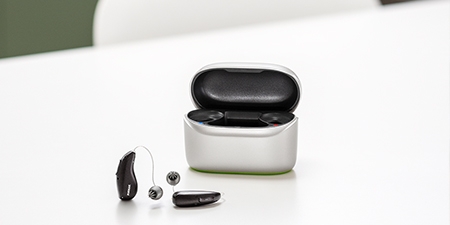Tinnitus Impact On Mental Health

Tinnitus Impact On Mental Health
5 min
Published September 19, 2020
Tinnitus, a condition that causes constant ringing in the ears, is a physical health problem. However, the relentless ringing of chronic tinnitus can severely strain the patient’s mental health.
While an estimated 20 million people suffer from tinnitus, about 2 million people suffer from it to a debilitating degree. Those that suffer from it to a debilitating degree become angry, anxious, and depressed as their quality of life declines.
Unfortunately, tinnitus suicide is not uncommon, with roughly 9 percent of women and 5 percent of men with tinnitus having attempted or committed suicide. While tinnitus itself won’t kill a person, the effects of it certainly can. Here’s how tinnitus can affect mental health, how you can recognize tinnitus depression, ways to control it, and how to seek further help.
Recognizing tinnitus depression
While most people don’t struggle with tinnitus depression on a clinical level, one bad day or instance can be enough to push a patient to suicide. One study of suicide survivors showed thatHow to reduce depressive emotions from tinnitus
Fortunately, encouraging research shows that there are effective ways to control a patient’s response to tinnitus and reduce his or her negative reaction to the disorder. Among them are Cognitive Behavioral Therapy (CBT), mindfulness, and healthy routines.How to seek help
If you're suffering from tinnitus depression, seek professional treatment. It will help reduce depressive episodes and help you deal with tinnitus in a healthier way. You can seek help with a local therapist trained in handling tinnitus or connect with a tinnitus support group.
Tinnitus and mental health certainly go hand in hand. As you continue searching for tinnitus treatment, realize that learning how to deal with it mentally will make you a stronger person better equipped to handle other life challenges.




